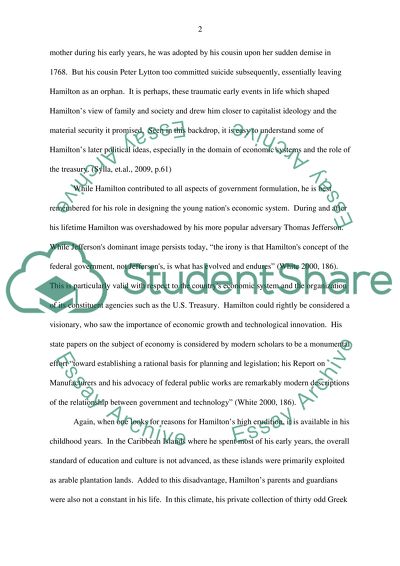Cite this document
(“Background on one of the Writers of the Federalist Papers: Alexander Research Paper”, n.d.)
Retrieved from https://studentshare.org/history/1427235-background-on-one-of-the-writers-of-the-federalist-papers-alexander-hamilton
Retrieved from https://studentshare.org/history/1427235-background-on-one-of-the-writers-of-the-federalist-papers-alexander-hamilton
(Background on One of the Writers of the Federalist Papers: Alexander Research Paper)
https://studentshare.org/history/1427235-background-on-one-of-the-writers-of-the-federalist-papers-alexander-hamilton.
https://studentshare.org/history/1427235-background-on-one-of-the-writers-of-the-federalist-papers-alexander-hamilton.
“Background on One of the Writers of the Federalist Papers: Alexander Research Paper”, n.d. https://studentshare.org/history/1427235-background-on-one-of-the-writers-of-the-federalist-papers-alexander-hamilton.


